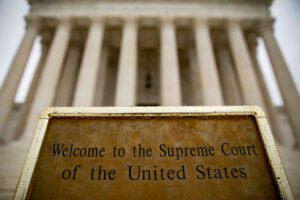
For the first time in years, Christians around the world will celebrate Easter on the same day, a rare occurrence resulting from a fortuitous alignment of the Julian and Gregorian calendars. This event has prompted the Presidents of Churches Together in England (CTE) to issue a statement commemorating this unity and the historical significance of the First Council of Nicaea.
The Julian calendar, typically followed by Eastern Orthodox churches, often leads to different celebration dates from those in the Western Church, which follows the Gregorian calendar. This year, however, both calendars converge, leading to a unified Easter celebration.
This alignment is particularly meaningful as 2025 will mark the 1,700th anniversary of the First Council of Nicaea, a pivotal meeting in 325 AD that sought to unify the date of Easter, among other theological discussions.
The council was instrumental in establishing foundational Christian beliefs, including the relationship among the Persons of the Trinity, which resulted in the formulation of the Nicene Creed, a confession of faith still widely used today.
The CTE Presidents, representing various denominations including Roman Catholic, Orthodox, Pentecostal, Lutheran, and other Protestant churches, have expressed their shared joy. The Anglican Archbishop of Canterbury is traditionally part of this group, though the position is currently unfilled.
In their statement, they emphasized, “Often divided by our sins and arrogance, we now come together in unity, with one voice and one heart, as did those divinely-guided individuals seventeen hundred years ago to defend the Truth that has been entrusted to us. We come together to reiterate the message and truth of Nicaea.”
They added, “It is a special blessing from God that this year all Christians will celebrate Easter – Pascha – on the same Sunday. We are empowered by this and we draw strength to face the realities of our divisions with a new hope of reconciliation.”
This article was originally written by www.christiantoday.com






